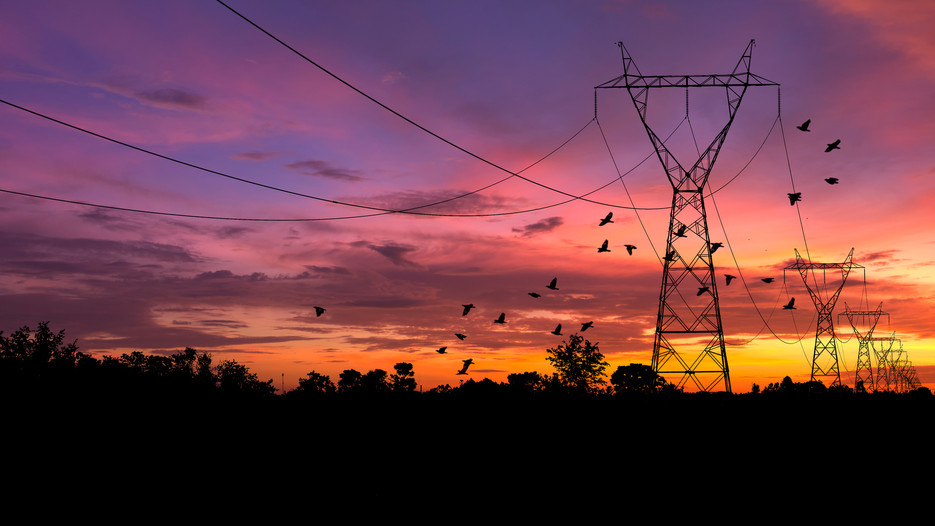Bird Control for Electrical Towers
Birds have their own rhythms that govern everything from how they navigate to where they prefer to roost. Often, these avian rhythms come into conflict with modern electrical towers operated by power and communications providers. Birds can cause problems for both the electrical equipment and the human workers on it. Effective and humane bird control solutions can solve these bird problems. Through the use of plastic bird spikes companies and workers, as well as birds, can live a little easier.
Plastic bird spikes may sound rather harsh, but they are actually a very safe and humane way to prevent birds from, landing, perching, and nesting in areas where they aren’t wanted. Not only will bird spikes not harm birds, the devices have been approved by organizations such as the US Humane Society and the Pigeon Control Advisory Service protecting animals, humans, and property in a way that is not harmful to any of them.
How Bird Spikes Work
Bird spikes are available in plastic or stainless steel, though plastic is preferred for any installation where electrical transmission is involved. Both types of spikes are manufactured to withstand the effects of sunlight and other weather conditions, with some versions of the spikes available in different colors to suit their intended installation. The fan-like spikes do no harm to birds; the spikes simply prevent the bird from landing in any location where they are not welcome. By preventing unwanted bird intrusions, accidents, and other resulting harmful effects can be avoided.
Benefits of Using Plastic Bird Spikes
Slip and Scare Prevention
Among the places where birds are not welcome are cell phone transmission towers. Birds that roost on these towers often drop copious amounts of fecal matter onto places underneath them, including the tower itself. Workers on the tower may slip on the deposited droppings, resulting in potentially hazardous falls. Unseen roosting birds can also startle a worker, who might either fall or reflexively grab hold of equipment with live electricity flowing through it. Either way, this spells disaster for the worker. Bird control solutions such as plastic bird spikes can help prevent such accidents from occurring.
Disease Prevention
Bird feces are a means for transmitting unwanted diseases to humans. Keeping birds clear of these electrical facilities and transmission towers comes down to general health safety for both workers and the general public. Histoplasmosis, cryptococcosis, and psittacosis are three of these unwanted diseases that can be avoided if birds are warded off from areas where they might regularly perch or roost.
Facility Damage Prevention
Accumulated bird droppings can also damage and deteriorate the metal structures of towers, bridges, and other facilities. Rusting and chipping are much more likely in metals that are frequently covered in acidic bird feces. Keeping birds off metal structures helps save money on repairs and upgrades.
A Humane Option
Inhibiting birds from landing or roosting at facilities where they might pose hazards also provides a benefit to the birds themselves. Birds that spend excessive time near cell phone towers quickly experience an overexposure of electromagnetic radiation. Such radiation has been proven to damage bird eggs and embryos, resulting in thinner eggshells and more fragile skulls in bird offspring.
Bird control equipment like plastic bird spikes offers both a humane solution to the problem of unwanted bird intrusion as well as a safe way to benefit birds, people, and important equipment and buildings at the same time.

